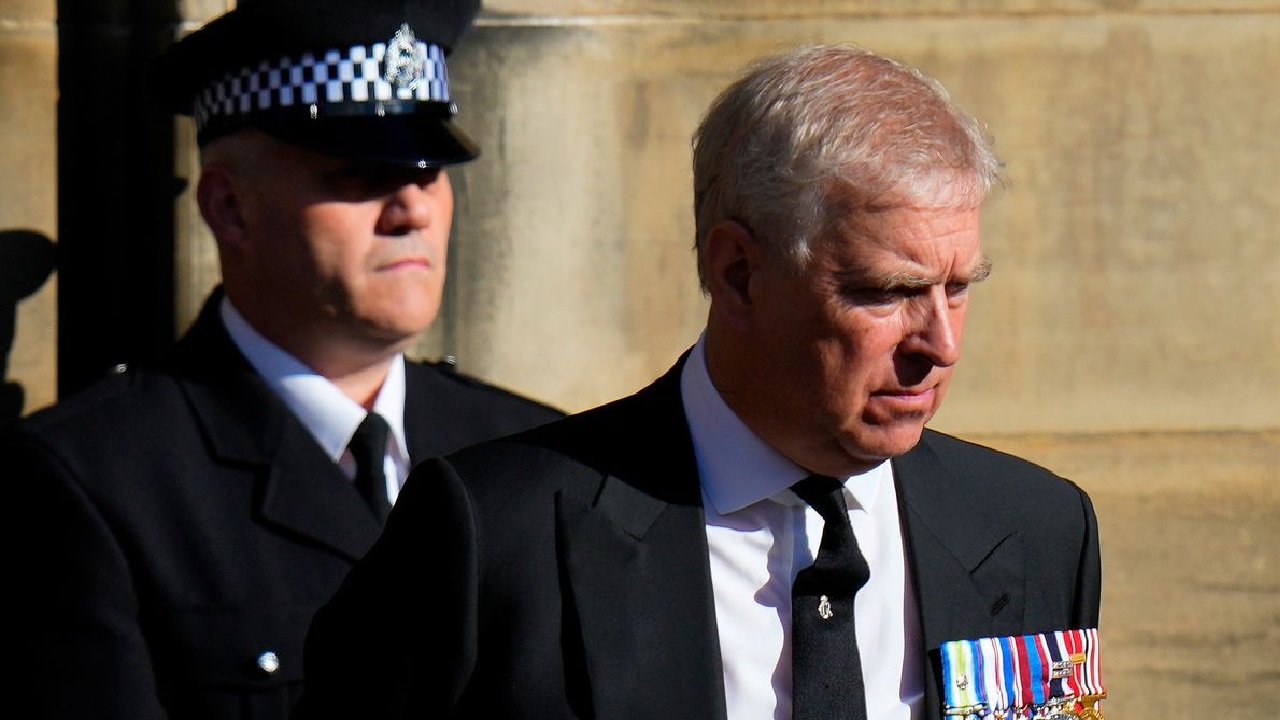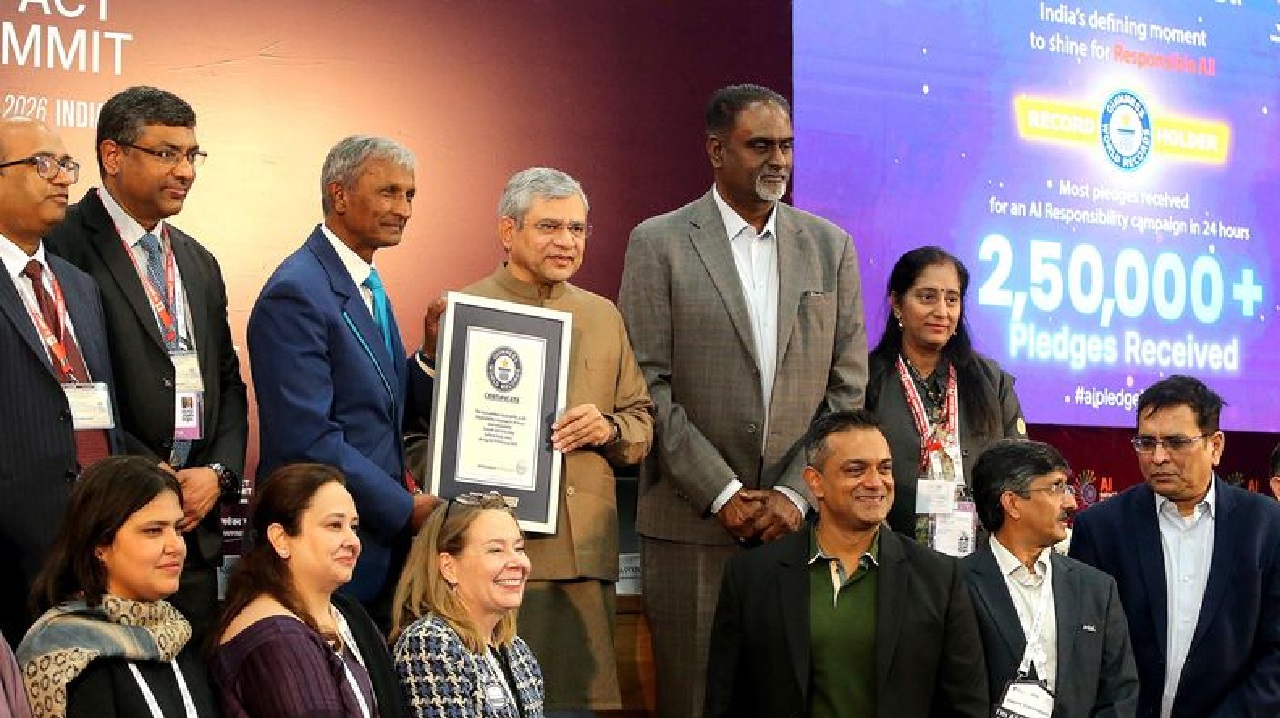A Turning Point in Bangladesh’s Political Landscape
In a dramatic turn of events, Bangladesh has called for the extradition of former Prime Minister Sheikh Hasina from India to face charges of “crimes against humanity.” This move by the interim government, led by Nobel laureate Muhammad Yunus, has shaken the political foundations of Bangladesh. It marks a striking departure from Hasina’s years of leadership and the influence of her party, the Awami League. The demands for her return come amid the aftermath of the Anti-Discrimination Students Movement, a protest that spiralled into large-scale unrest. The Yunus-led government claims Hasina’s response to the demonstrations involved extreme suppression, leading to numerous casualties. As the nation re-evaluates her leadership, the political future of Bangladesh and its commitment to justice stand in the balance.
The Crisis Unfolds: Protests and Suppression
The Anti-Discrimination Students Movement began as a peaceful protest against educational disparities, but by July, it had evolved into widespread dissent. The movement, primarily student-led, intensified as allegations of systemic inequality and government overreach came to light. In response, the Awami League government, under Hasina, allegedly employed violent measures to contain the unrest. By August, reports indicated over 753 deaths and thousands injured, a toll that ignited both domestic outrage and international condemnation.
Faced with mounting resistance, Hasina fled to India on August 5. Her departure left Bangladesh in turmoil, and calls for accountability grew louder. The interim government quickly acted, and complaints alleging “crimes against humanity” were filed against Hasina and her party leaders. The complaints, lodged with the International Crimes Tribunal (ICT), accuse her administration of orchestrating brutal crackdowns against the protesters.
The Role of the International Crimes Tribunal: Seeking Accountability
The ICT, originally established by Hasina’s government in 2010 to prosecute war crimes related to the 1971 Liberation War, has now turned against its former founder. After a period of dormancy, the interim government reconstituted the ICT to address the grievances surrounding the recent protests. On October 12, arrest warrants were issued for Hasina, her son Sajeeb Wazed Joy, and other Awami League officials involved in her administration.
For Yunus’s interim government, revitalizing the ICT symbolizes a commitment to pursue justice impartially. This tribunal had previously handled cases related to Bangladesh’s liberation conflict, where it saw several high-profile figures tried and, in some cases, executed. The reactivation of the tribunal now to address current human rights violations presents a significant message: no leader, even one who once spearheaded the nation’s fight for justice, is beyond the law.
Seeking Interpol’s Assistance: The Pursuit of Justice on an International Stage
As part of its commitment to accountability, the Bangladeshi government has sought Interpol’s support to bring Hasina back from India. Although a Red Notice does not equate to an international arrest warrant, it enables law enforcement across Interpol’s member nations to track Hasina’s movements. Should she attempt to leave India, Interpol’s network could help facilitate her apprehension. This move underscores Bangladesh’s determination to hold former leaders accountable for alleged abuses of power, no matter where they may seek refuge.
Asif Nazrul, the government’s legal affairs advisor, emphasized that no distance or position could shield those responsible. Bangladesh’s pursuit of Hasina underlines an important shift: leaders who were once considered untouchable are now answerable to the people and the law. This effort to utilize international cooperation reflects Bangladesh’s commitment to establish accountability on a global scale.
A Nation in Transition: Sheikh Hasina’s Legacy and the Future of Bangladesh
The legal pursuit of Sheikh Hasina signals a monumental shift in Bangladesh’s political and judicial systems. Her legacy, once deeply intertwined with the Awami League’s prominence, is now marred by allegations of authoritarianism and human rights abuses. While her supporters have pointed to her economic contributions and infrastructural advancements, critics argue that her leadership increasingly mirrored authoritarian tendencies, stifling dissent and consolidating power at the expense of democratic values.
As Bangladesh seeks to rebuild trust in its political and judicial institutions, this trial is more than a response to one leader’s actions; it represents a national reckoning with power, justice, and the enduring impact of leadership on society. By taking this step, the interim government under Yunus positions itself as a custodian of justice, intent on upholding the values that the Bangladeshi people have long fought to protect.
Bangladesh at a Crossroads
The drive to repatriate Sheikh Hasina and hold her accountable for alleged crimes against humanity underscores a pivotal moment for Bangladesh. This bold decision by the interim government symbolizes a collective desire for transparency, justice, and a departure from an era marked by suppression. The political environment of Bangladesh is reshaping, as calls for justice transcend party loyalty and seek to affirm the value of every citizen’s rights.
Bangladesh now stands at a crossroads, where it can redefine governance and commitment to democratic principles. The trial of a former prime minister, if it proceeds, could set a powerful precedent for leaders across the region. As the nation watches the unfolding of this historical moment, Bangladesh’s decision to hold its leaders accountable reflects an enduring commitment to justice and an evolving vision for a future built on the rule of law.
(With inputs from agencies)








